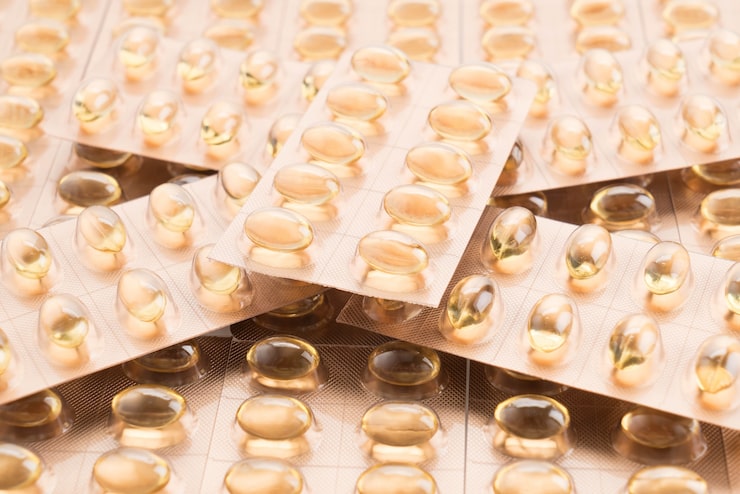I recently changed doctors. As part of the registration, I had an appointment with a nurse and told her I was worried I might be low in vitamin D and asked about testing.
She asked why I thought I might be deficient. I said I didn’t think I got enough from my diet. She then asked whether I drink milk and whether I eat cereal for breakfast. I told her I don’t drink cow’s milk, but I do eat muesli or porridge. She replied that was fine because cereals are fortified, so I should be getting enough vitamin D. (I was surprised — I didn’t know muesli or porridge were fortified.) She also said I spend a lot of time in daylight, so testing wasn’t necessary.

She finished quickly and handed me a printed article from an official source about getting more vitamin D through diet, which I read later.
Vitamin D leaflet from BetterYou
Disclaimer: This post contains affiliate links, which means I may earn a small commission if you buy something after clicking a link. This doesn’t cost you anything. As an Amazon Associate I earn from qualifying purchases.
I still wondered how I could get enough vitamin D when I spend most of my day indoors and only see the sun rarely in cloudy England. Sunlight through a window doesn’t help — you need direct sunlight on your skin. Ideally, you should be in the sun for at least 15 minutes a day with arms and legs uncovered.
Did you know the UK is one of the cloudiest industrialised countries? From October to April, the sun’s rays are too weak to make much vitamin D.
We also get very little vitamin D from food — only about 10% comes from what we eat. Oily fish is the best source. There’s little or no vitamin D in British milk and dairy, and muesli or porridge usually don’t contain it, though some processed cereals are fortified. The nurse clearly didn’t know much about vitamin D, which reminded me to double-check advice and do my own research.
Since getting tested through my GP seemed difficult, I ordered a Vitamin D Home Test kit from BetterYou. I was nervous about pricking my finger, but it was easy and barely hurt. I collected enough blood on the card, filled in the form, and posted it to the lab in the prepaid envelope. A piece of cake.
I had my results by email within five days. I’d hoped for “adequate” levels since I’d been taking Vitamin D supplements (Vitamin D from Together), but I wasn’t sure if that was enough. (EDIT: I’ve posted my vitamin D test results here.)
Vitamin D Home Test kit from BetterYou
Why is vitamin D so important?
Keeping your vitamin D levels in the right range helps you stay healthy and may lower the risk of some diseases. Long-term deficiency, along with other factors, can contribute to problems like heart disease and some cancers.
Vitamin D functions include:
– supporting healthy bones and teeth
– helping the body use calcium and phosphorus
– aiding vitamin A use
– having anti-cancer effects, especially for breast and colon cancers
– helping prevent osteoporosis and other bone conditions
– keeping the immune system strong
Testing your vitamin D can tell you where you stand and whether you need to take action.
Do you think you’re getting enough vitamin D? Are you taking any supplements? I’d love to hear your thoughts.
If you want to buy a vitamin D supplement, here are a few trusted options:
– Vitamin D from Together
– Viridian Vitamin D capsules (vegan)
If you’re buying a vitamin D test kit, I recommend ordering directly from BetterYou — they include a complimentary DLux Vitamin D Oral Spray at a dose matched to your results. To buy from BetterYou, go to their site.
You might also be interested in:
– My vitamin D test results revealed
– Top 10 natural supplements to boost your immune system
– Monitoring your health with Medichecks (Review + Discount Code)